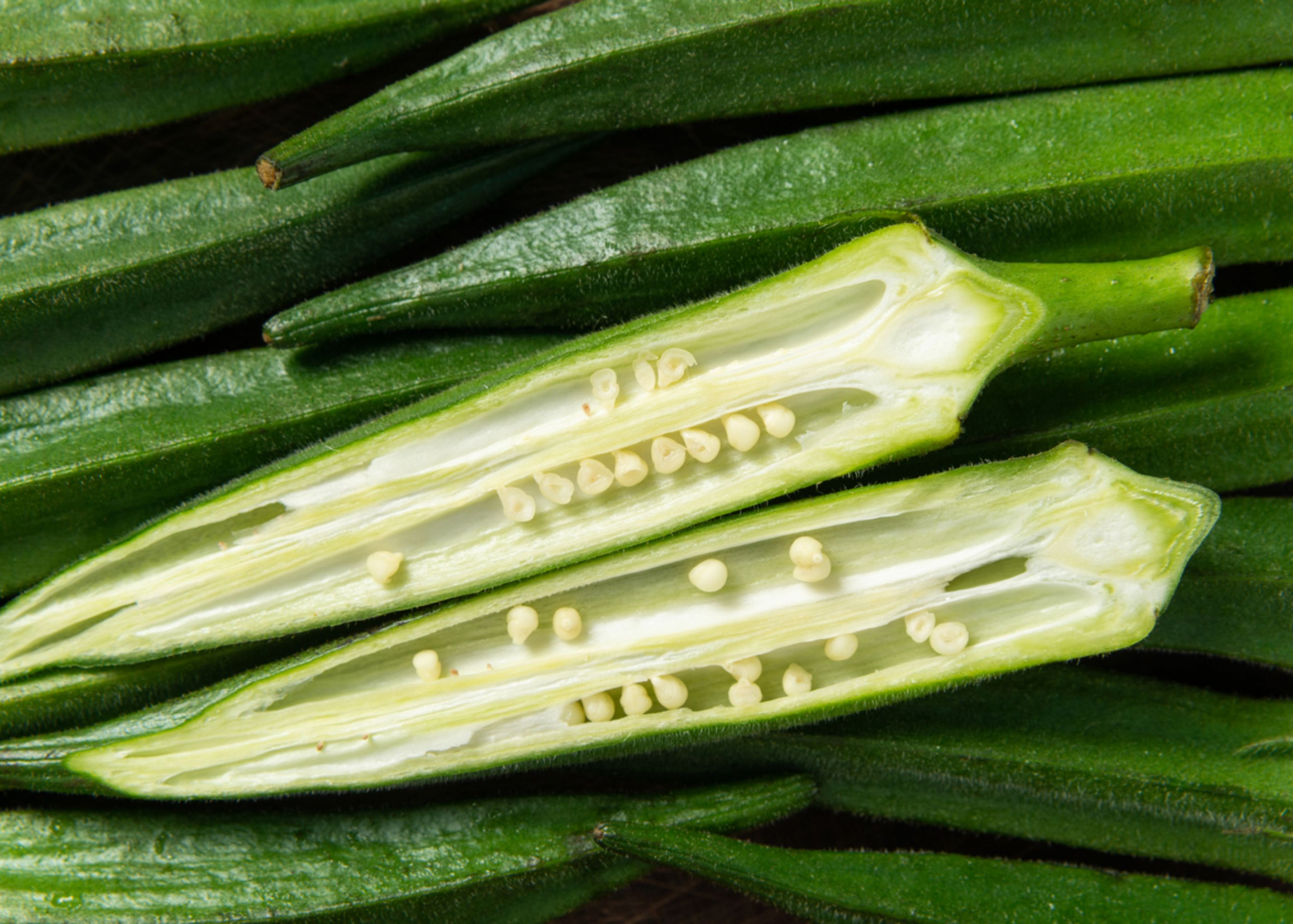News in Brief:
– Nigeria is making significant strides to increase okra production, led by NIHORT, with the introduction of new varieties.
– The institute is promoting advanced breeding techniques, improved farming practices, and infrastructure development.
Nigeria aims to increase its annual okra production to strengthen its agricultural sector and boost food security, with the National Horticultural Research Institute (NIHORT) leading this drive.
This move was highlighted during the recent International Conferences on Global Okra Round Table 11 and 5F Farming Conference-Breeding for Resilience held in Ibadan, Oyo State.
NIHORT’s strategies for enhancing okra production
NIHORT, a key player in agricultural research and development in Nigeria, is implementing the following strategies to enhance okra cultivation and yield.
- Advanced breeding techniques: The research outfit is utilising modern breeding techniques to develop high-yielding okra varieties that are resistant to diseases, pests, and adverse climatic conditions.
- Improved farming practices: The agency is providing farmers with training and education on sustainable farming methods, including proper seed selection, planting techniques, and pest management.
- Infrastructure development: NIHORT is working to improve agricultural infrastructure, such as irrigation systems and storage facilities, to support okra production.
Key stakeholders’ perspectives
Essentially, the conference served as platforms for experts and stakeholders to discuss the challenges and opportunities in okra cultivation. It presented the chance to share knowledge, and explore potential collaborations.
Executive Secretary, Agricultural Research Council of Nigeria (ARCN), Professor Garba Sharubutu, noted that stakeholders cannot just concentrate on cash crops, without considering staple crops. He also highlighted the advantage vegetables like okro has, as they can grow three to five times in a year, and on almost any region of the country.
Also speaking on the sidelines of the conference, Nigeria’s minister of agriculture, Senator Abubakar Kyari, noted that the training is timely because of its objective of focusing on breeding for resilience in Africa. He added that it will create attention for the nation benefitting from the resurgent global interest on healthy products.
Furthermore, Executive Director and Chief Executive Officer, NIHORT, Professor Muhammad Lawal Attanda, mentioned that through innovative research methodologies, the institute aims to develop additional novel okra cultivars that not only meet market-driven demands, but also ensure sustainability in agricultural practices. He stated that NIHORT had released an okra variety, called NHOKRA1, which is high yielding, and early maturing with potential yield of 23.96 tonnes per hectare (t/ha). Additionally, he revealed that the agency had developed others such as LD 88 and NH47-4.
Overall, the event highlighted the importance of Nigeria’s efforts to increase okra production, not only for domestic consumption but also for export.
Nigeria’s global okra production
Nigeria is a major global producer of okra. It ranks first in Africa, and second globally after India, with an annual production of 1,911,819t. Effectively, this accounts for approximately 17.02% of the worldwide total.
Okra, a versatile vegetable, has a wide range of culinary and industrial applications:
Culinary:
- Food: Okra pods are commonly used in various dishes, such as gumbo, stews, soups, and curries. They add a unique texture and flavor to these dishes.
- Pickles: Okra pods can be pickled and used as a condiment or side dish.
- Snacks: Okra pods can be fried or baked into crispy snacks.
Industrial:
- Textiles: The fibers from okra stems and leaves can be used to make textiles, such as ropes and fabrics.
- Food processing: Okra mucilage is used as a thickening agent in various food products.
- Pharmaceutical: Okra has been studied for its potential health benefits, including anti-inflammatory and anti-diabetic properties.
Okra is widely cultivated in various regions of Nigeria, with the most significant production areas including Delta, Rivers, and Cross River. Others are Benue and Kogi, Kaduna, Sokoto and Kano.
Nigeria’s diverse agro-climatic zones allow for the cultivation of okra throughout the year in different regions, contributing to its significant production.



